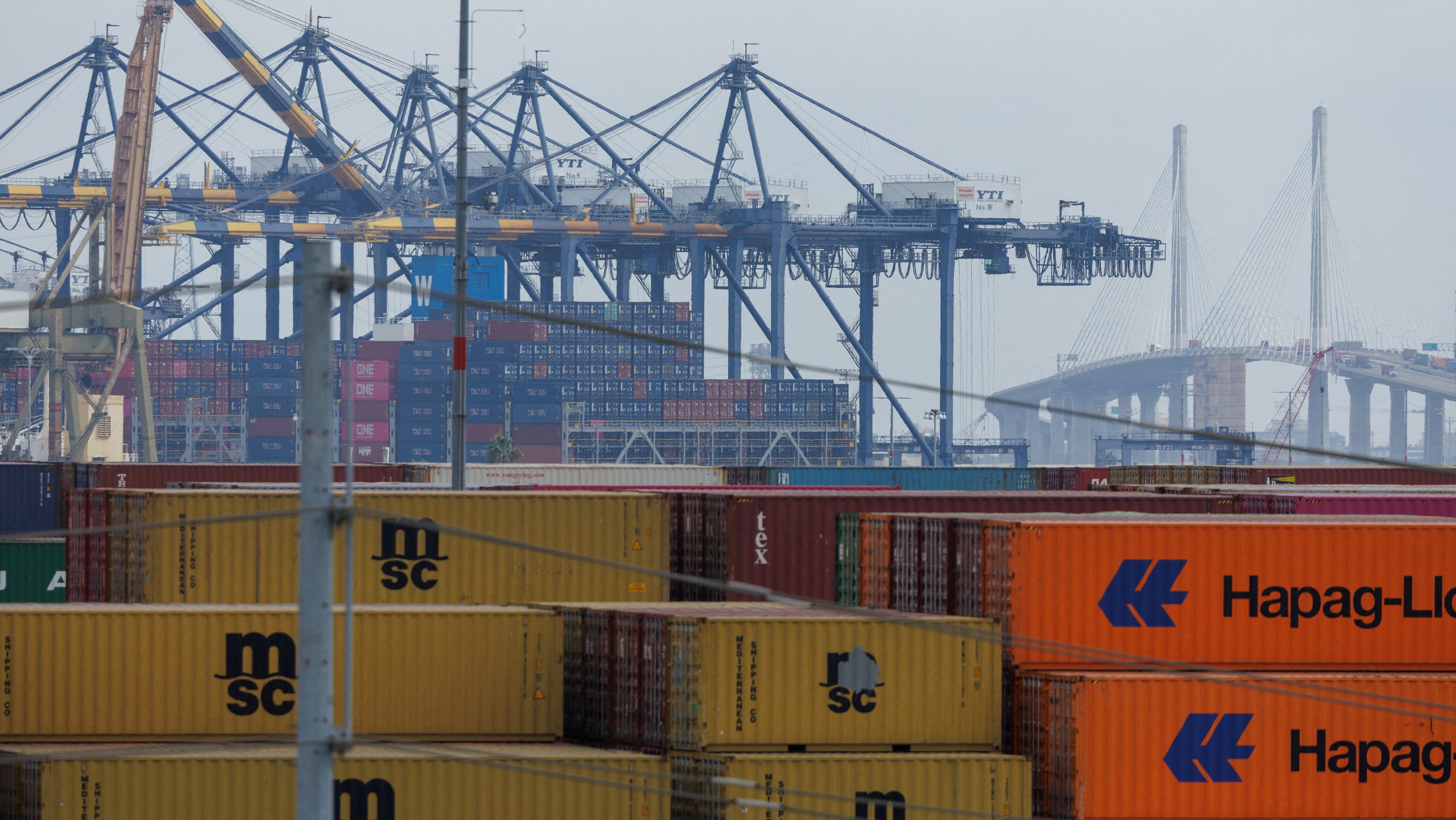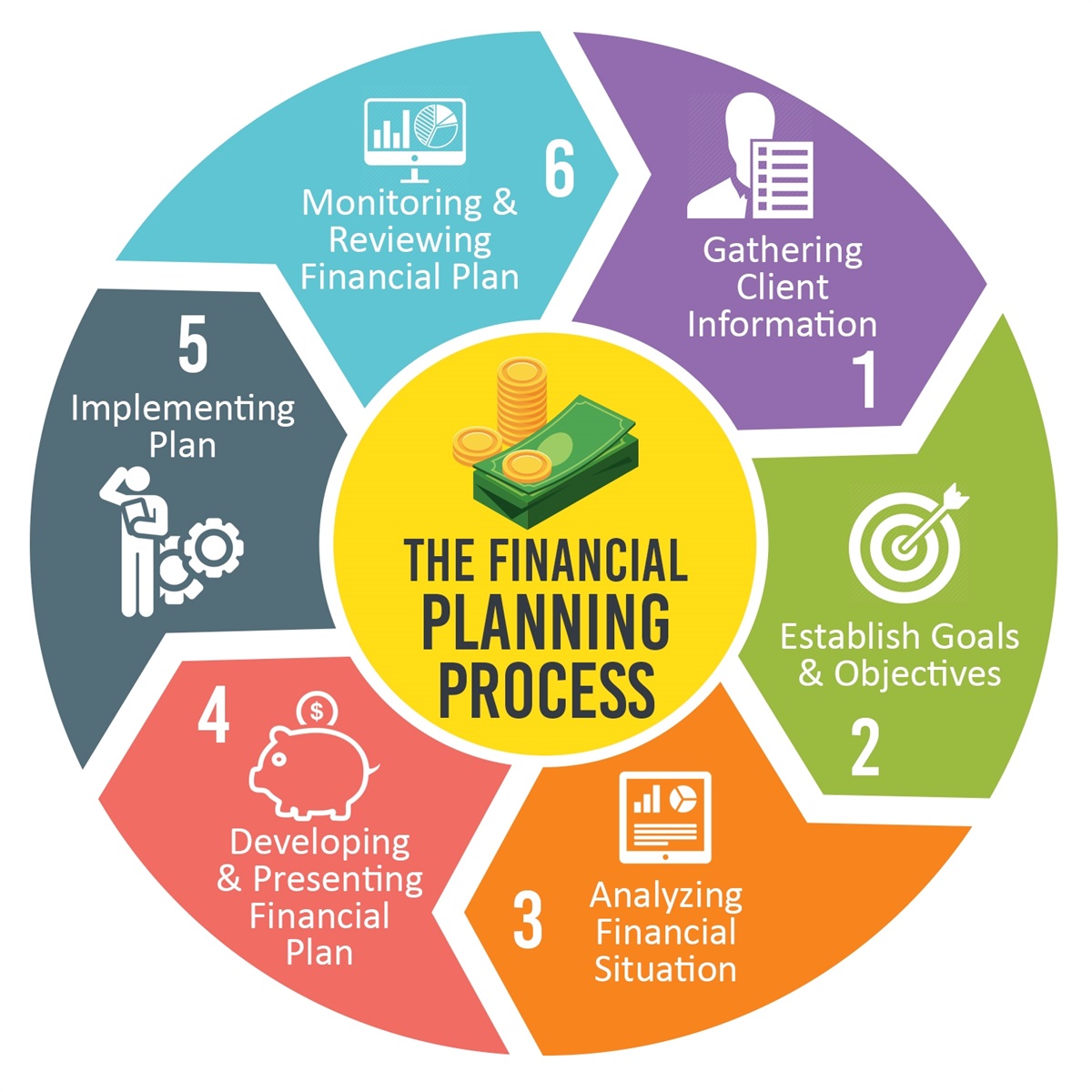Uncertainty And The Auto Industry: The Ongoing Impact Of Trump's Tariffs

Table of Contents
The Initial Shockwave: Immediate Effects of the Tariffs on Automakers
The immediate impact of Trump's tariffs on the auto industry was nothing short of disruptive. Increased costs, disrupted supply chains, and weakened consumer demand combined to create a perfect storm for automakers.
Increased Production Costs
Tariffs, specifically those targeting steel and aluminum, directly increased the cost of raw materials crucial for automotive manufacturing. This increase wasn't limited to the raw materials themselves; it rippled through the entire supply chain.
- Steel and Aluminum Tariffs: These tariffs significantly impacted the price of steel and aluminum used in vehicle bodies, chassis, and various components.
- Impact on Specific Car Models: The price increases were reflected in the manufacturing costs of numerous car models, forcing manufacturers to absorb the added expense or pass it on to consumers. For example, the increased cost of steel affected the production of trucks and SUVs disproportionately.
- Automaker Responses: Major automakers responded by implementing price increases on their vehicles or, in some cases, reducing production to mitigate losses. Some companies even lobbied the government for exemptions or tariff adjustments.
Disrupted Supply Chains
The complexities of global supply chains were ruthlessly exposed by the tariffs. Automakers rely on a network of international suppliers for parts and components, and the tariffs created significant disruptions.
- Challenges in Sourcing Parts: The imposition of tariffs made sourcing parts from affected countries more expensive and logistically challenging. This led to delays and shortages.
- Ripple Effect on Logistics and Transportation: The added costs and complexities extended to logistics and transportation, further increasing the overall cost of production. Shipping times were also impacted due to trade restrictions and increased bureaucratic hurdles.
Consumer Impact
Ultimately, the impact of Trump's tariffs on automakers translated into higher car prices for consumers. This reduced purchasing power, impacting the demand for new vehicles.
- Decline in Sales: Data showed a noticeable decline in new car sales following the tariff announcements, as consumers became hesitant to buy more expensive vehicles.
- Changes in Consumer Behavior: Consumers responded by delaying purchases, opting for used cars, or choosing more fuel-efficient models to offset increased fuel costs. This shift in behavior was particularly visible in the market for larger vehicles like trucks and SUVs, which were disproportionately affected by steel and aluminum tariffs.
Long-Term Consequences: The Enduring Uncertainty in the Automotive Sector
The short-term effects of Trump's tariffs were significant, but the long-term consequences continue to shape the automotive industry's landscape.
Investment Hesitation
The uncertainty created by the tariffs discouraged investment in new technologies and facilities. Automakers became hesitant to commit to large-scale projects due to the unpredictable nature of future trade policies.
- Delayed or Canceled Projects: Several automotive companies delayed or canceled expansion plans, new technology development, and factory upgrades due to the uncertainty surrounding tariffs.
- Implications for Innovation and Future Growth: This hesitancy to invest hindered innovation and hampered the long-term growth potential of the industry. The development of electric vehicles and autonomous driving technologies, for instance, were affected by this lack of investment.
Geopolitical Shifts
Trump's tariffs significantly altered trade relationships and the global automotive landscape. Automakers had to reassess their global sourcing strategies and production locations to mitigate risks associated with future tariffs.
- Shifts in Production Locations and Sourcing Strategies: Many companies began diversifying their supply chains, seeking alternative sources for parts and components outside of tariff-affected regions. This led to a shift in production towards regions with more favorable trade policies.
- Rise of Protectionist Measures in Other Countries: The implementation of Trump's tariffs triggered retaliatory measures from other countries, escalating trade tensions and further disrupting global supply chains.
Restructuring and Consolidation
The challenges brought about by Trump's tariffs forced the auto industry to restructure and consolidate. Some companies faced financial difficulties, leading to mergers, acquisitions, or plant closures.
- Mergers, Acquisitions, or Plant Closures: We saw several instances of companies merging to gain economies of scale, while others closed less profitable plants to streamline operations.
- Impact on Employment and Regional Economies: These restructuring efforts had significant impacts on employment levels and the economic health of regions heavily reliant on automotive manufacturing.
Looking Ahead: Strategies for Navigating Future Tariff Uncertainty
The automotive industry must adopt proactive strategies to navigate the continuing uncertainty surrounding international trade.
Diversification of Supply Chains
Diversifying sourcing is crucial to reduce reliance on specific countries and mitigate risks associated with future tariff changes.
- Examples of Successful Diversification Strategies: Several automakers have successfully diversified their supply chains by establishing new partnerships with suppliers in different regions.
- Roles of Automation and Reshoring: Automation and reshoring play critical roles in this diversification process, enabling companies to bring production closer to home and reduce reliance on global supply chains.
Policy Advocacy
Industry lobbying and government policy play a significant role in shaping future trade relations. Automakers must actively participate in these efforts.
- Efforts to Mitigate Tariff Impacts: The industry has undertaken efforts to lobby for policy changes and mitigate the negative effects of tariffs.
- Analysis of Potential Future Trade Agreements: Understanding and influencing future trade agreements is vital for creating a more stable and predictable trade environment.
Technological Innovation
Technological advancements can help the industry adapt and overcome trade challenges.
- Technologies that Boost Efficiency and Reduce Reliance on Imported Parts: Technologies like additive manufacturing (3D printing) and advanced materials can reduce reliance on imported parts.
- Potential for Electric Vehicles and Autonomous Driving to Reshape the Industry: The rise of electric vehicles and autonomous driving technologies offers opportunities for the industry to reconfigure its supply chains and production processes.
The Enduring Legacy of Tariffs on the Auto Industry – A Call to Action
Trump's tariffs had a profound and lasting impact on the auto industry, causing immediate price increases, supply chain disruptions, and long-term investment hesitancy. The lingering uncertainty underscores the need for proactive strategies, including supply chain diversification, policy advocacy, and technological innovation. Understanding Trump's tariffs and their ongoing impact on the auto industry is crucial for navigating tariff uncertainty. We must actively engage in informed discussions and advocate for policies that promote stable and predictable trade relations, ensuring the continued health and prosperity of this vital sector. Learn more about the impact of tariffs on the auto industry and join the conversation to build a more resilient and sustainable future for automotive manufacturing.

Featured Posts
-
 Play Station Beta Program Sony Opens Registration Requirements And How To Apply
May 02, 2025
Play Station Beta Program Sony Opens Registration Requirements And How To Apply
May 02, 2025 -
 Xrp Up 400 In Three Months Investment Opportunities And Potential Risks
May 02, 2025
Xrp Up 400 In Three Months Investment Opportunities And Potential Risks
May 02, 2025 -
 Cfp Board Ceos Retirement What It Means For Financial Planning
May 02, 2025
Cfp Board Ceos Retirement What It Means For Financial Planning
May 02, 2025 -
 Kate And Lila Moss A Mother Daughter Moment In Matching Lbds At London Fashion Week
May 02, 2025
Kate And Lila Moss A Mother Daughter Moment In Matching Lbds At London Fashion Week
May 02, 2025 -
 Confirmed The 1975 And Olivia Rodrigo Headline Glastonbury Festival
May 02, 2025
Confirmed The 1975 And Olivia Rodrigo Headline Glastonbury Festival
May 02, 2025
